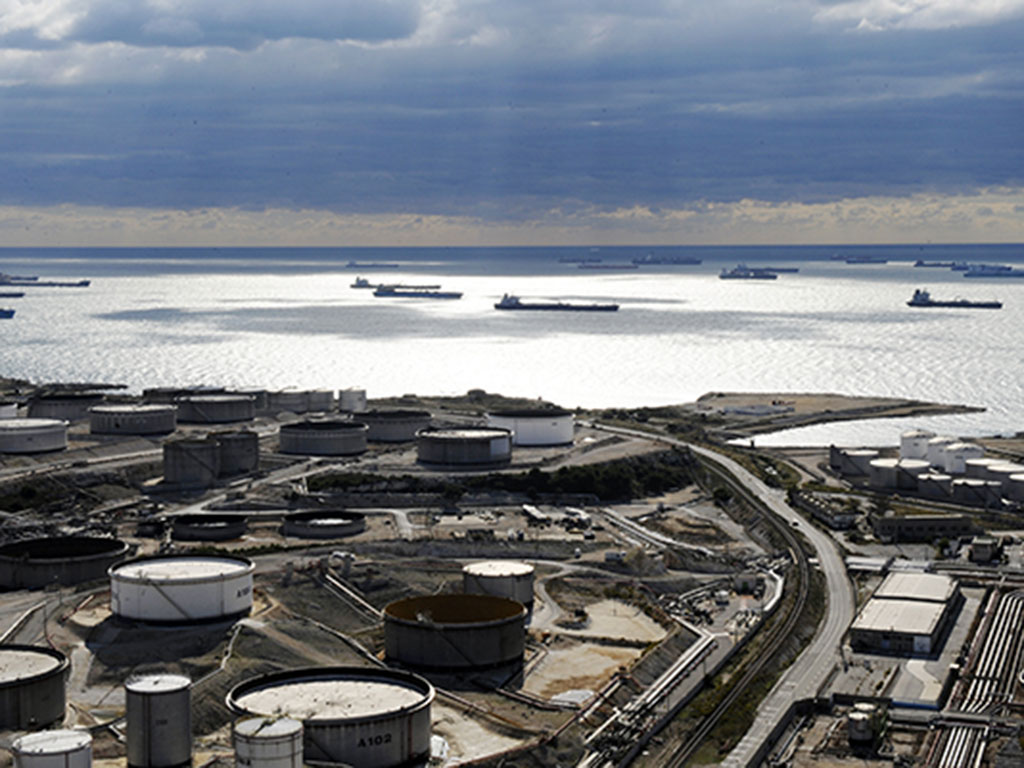China invests $3bn in Malaysian port
Chinese investors have backed the development of Malaysia’s Kuala Linggi International Port, hoping to capitalise on increasing congestion in Singapore

The development of Malaysia’s Kuala Linggi International Port hopes to profit from increasing congestion in Singapore
Malaysia’s Kuala Linggi International Port (KLIP) has set its sights on attracting a share of Singapore’s booming oil trade – which currently accounts for a third of global oil demand. A $3bn dollar investment from private investors will help transform the port, which is situated 200km away from Singapore on the Malaccan Straits. The port aims to be completed within a decade and will be fit to handle some the world’s biggest ‘supertankers’.
Port operator T.A.G. Marine and developer Linggi Base are undertaking the project, with Chinese investors footing the bill – with expected costs in the region of $2.8bn.
Construction was launched in Mallaca in November, making use of 620 acres of land reclaimed by the Malaysian state. The completed port will offer storage, repair and refuelling services for the world’s largest oil tankers and will have the capacity to store 1.5 million cubic metres of oil.
The congestion in Singapore has led to a number of unwanted delays and cost pressures, opening the door for KLIP
KLIP hopes to attract the majority of its business from Singapore, which currently provides passage to $600bn of oil annually. This vast amount of traffic has overwhelmed Singapore’s ports in recent years, causing congestion. Singapore currently handles over 100,000 vessel calls a year, while KLIP handle only a few thousand. By increasing its capacity, KLIP could benefit from the pent up demand in the region.
KLIP has some strategic advantages that could catch the attention of potential clients. Perhaps most notably, KLIP is able to focus on ‘ship to ship transfer’ – the process of passing cargo between ships directly – a facility that is currently banned from ports in Singapore. Additionally, the congestion in Singapore has led to a number of unwanted delays and cost pressures, opening the door for KLIP to position itself as a more efficient alternative.
Ng Xinwei, Chief Executive of trading company Agritrade, said: “Through our clients who are oil majors and oil traders, we see a competitive edge in locating our floaters (storage facilities) in KLIP resulting from lower costs and less congestion.”













